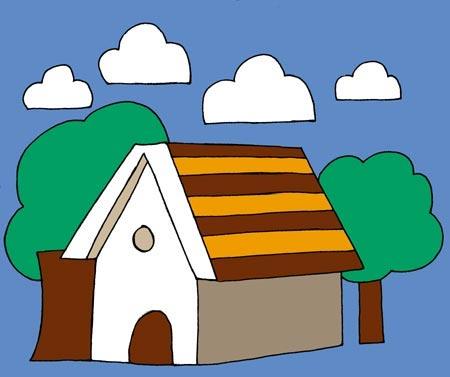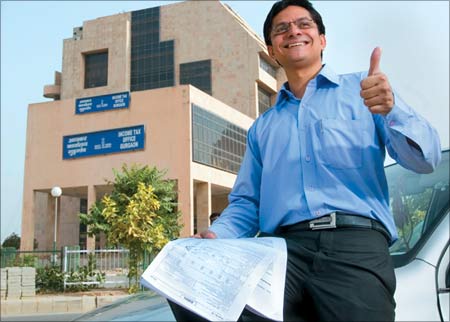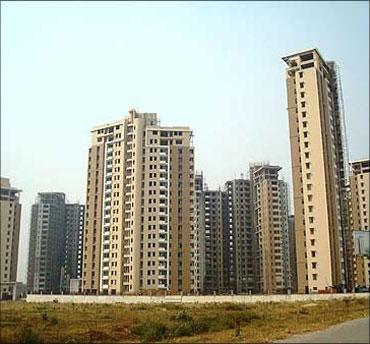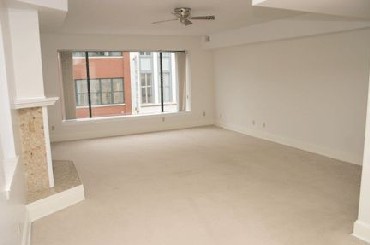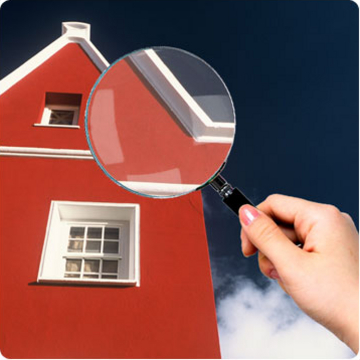 | « Back to article | Print this article |
Make home-buying a pleasant experience
In the first of a three-part guide, we help you wade through the tricky process of home-buying and make your first realty plunge a pleasant and rewarding experience.
The booming realty market has brought with it many multi-storied apartments, and equally more eager buyers.
However, in the process of seeking that perfect home, most buyers often become hassled with the lengthy procedures involved.
Here is the first of a 3 part guide from InvestmentYogi to help you through the process and to make your first realty plunge a pleasant and rewarding experience.
The first steps in the plunge
Whether it is for living, or for investment purposes, buyers often face difficulty in deciding the location, builder or size of the property. Before you start the process of buying, keep in mind the following two points.
Affordability: Understand your affordability on the basis of your income and household expenditures. Cater for family commitments, future cash needs, and growth in career prospects. This will help you narrow down your choices.
Avoid overstretching your finances beyond this budget, or diverting all your cash towards the asset.
Market survey: Do a survey of the current market rates in various locations. This could help you negotiate deals better.
Make home-buying a pleasant experience
Choosing the right location
Whether you want an aesthetic home away from the city or a home with less space in the heart of the city, certain key aspects need to be factored in when choosing a location.
For properties away from the city, check for transport connectivity. Metros, bus services or a four lane toll road could get you to your work place and back in reasonable time.
If you intend to let out your property on rent, software parks, and offices in the vicinity could be a bonus.
Try choosing a location which has proximity to hospitals and good schools.
Be aware of the local city developments. Check for new shopping complexes, or metro rail projects, being planned in the vicinity.
Work out the long term potential of the location. How much could your property appreciate? Are there companies, industries coming up nearby?
Make home-buying a pleasant experience
Home builder
Ensure the builder has a sanctioned site plan and all other government approvals. Check for an international quality certification like ISO 9000.
Talk to people who have already purchased a home from the same buyer, to get hindsight of the developer's reputation and quality of work.
Do negotiate with the builder. There are various ends from which builders could reduce prices.
Find out the expected time of project completion. You would need it to work out your finances accordingly.
Check for amenities such as storage space in the house, quality of fittings, round the clock security and power back up.
Ask for a layout plan of the home, showing square feet area, carpet area, common areas, staircases, and lobbies. Most builders charge an additional cost for car parking and choice of floor.
Make home-buying a pleasant experience
Carpet area, super built-up area and total built-up area
The carpet area is the actual area of the house which you could use.
The total built-up area includes the carpet area as well as the space occupied by the walls and the balcony of the apartment.
The super built up area would be the above two areas plus common areas such as the lobby, lifts, staircase, garden etc.
Make home-buying a pleasant experience
Documentation procedure
For properties in the initial stages of construction:
The builder gives an allotment letter, on payment of the booking advance, detailing the agreed price, payment and construction schedule, delivery date and builder's liability in case of late completion. A sale agreement is signed with the stamp duty having been paid by the purchaser. The stamp duty is a percentage of the transaction value as per the state government on every registered sale.
On completion and when the house is delivered, the builder gives a completion certificate, stating that the building complies with the approved plan and obeys all specifications. This certificate is very important for the registration of the house. The final sale deed is stamped and registered at the appropriate local area office.
If you are buying an already constructed property:
Check if the seller has the title, possession and the transfer rights of the property. All dues of property tax, water and electricity should have been paid. Take possession of all relevant documents such as the original allotment letter, completion certificate and other documents, as given by the original buyer.
The second part in this series will speak about the home agreement and the all costs involved in a property purchase.
